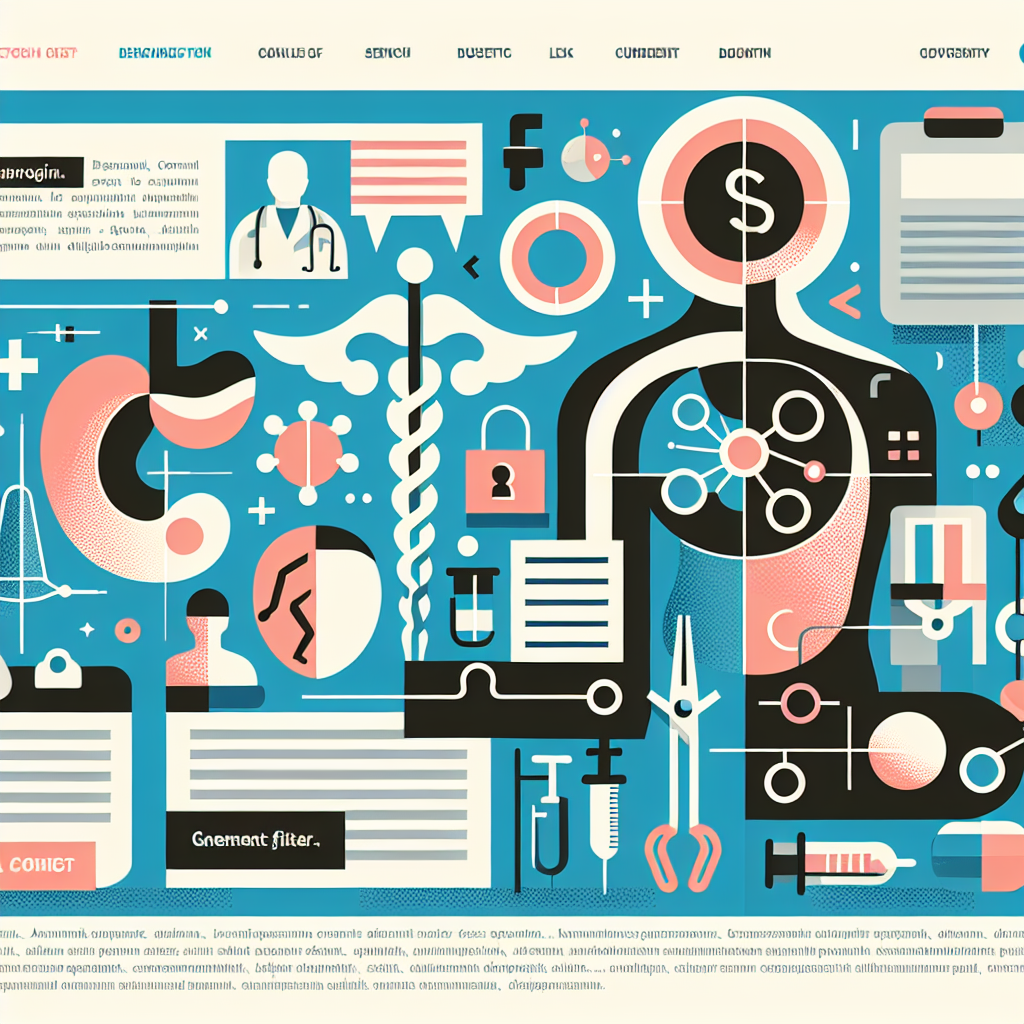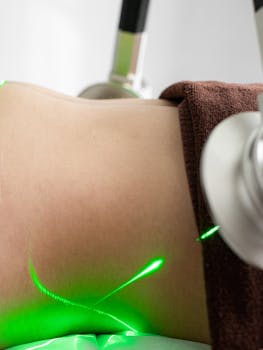Deciding whether to pursue chin reshaping often starts with a practical question: what is the cost of genioplasty and what does that price include? Understanding financial expectations—alongside medical risks, recovery time, and alternatives—helps you make an informed choice. This article walks through typical price ranges, the factors that influence cost, comparisons with other chin procedures, and how to evaluate quotes from surgeons so you can budget realistically and choose care that fits your goals.
Genioplasty cost breakdown
The overall genioplasty price varies widely depending on location, surgeon experience, and complexity of the procedure. In many markets, the base fee for chin osteotomy or implant-adjusting genioplasty typically ranges from several thousand to upwards of eight thousand dollars. That headline figure is only part of the story; the total chin plastic surgery cost often includes anesthesia, facility fees, pre-op imaging, post-op visits, and any hardware such as plates or screws.
What affects the chin plastic surgery cost?
- Surgeon expertise and board certification: Highly experienced facial surgeons usually command higher fees.
- Geographic location: Urban centers and regions with higher medical overheads have higher chin plastic surgery price tags.
- Procedure type: A sliding genioplasty (bone repositioning) is typically more expensive than a simple chin implant; chin reduction procedures require different techniques and may alter price.
- Facility and anesthesia fees: Hospital or accredited surgical center costs and the use of a board-certified anesthesiologist add to the bill.
- Complexity and adjunct procedures: Combining genioplasty with rhinoplasty or jaw surgery increases overall cost.
Typical price ranges and how to read quotes
To give a rough benchmark, many patients in the United States see total bills in the range of approximately $3,000–$8,000 for isolated genioplasty, though prices can be lower or higher depending on the factors above. When you receive a quote, ask the clinic to itemize:
- Surgeon fee
- Anesthesia fee
- Operating room/facility fee
- Post-operative care and follow-ups
- Costs for imaging, hardware, or revision procedures
Knowing the breakdown helps you compare “apples to apples” and spot unexpected add-ons that can raise the final amount.
Cost comparisons: implants, reduction, and bone repositioning
Some patients explore alternatives. A chin implant procedure typically has a different chin plastic surgery price and a different recovery than an osteotomy. Chin reduction price refers to techniques used for reducing an overly prominent chin and may involve bone shaving or recontouring; these techniques differ in complexity and therefore in cost. Discuss options with your surgeon to determine which approach best balances aesthetics, function, risk, and budget.
Insurance, financing, and hidden costs
Most cosmetic genioplasty is elective and not covered by health insurance. However, if the procedure addresses a functional issue—such as bite correction or breathing problems—partial coverage may be possible; always check with your insurer and obtain preauthorization when appropriate. Many clinics offer financing plans or third-party medical loans to spread payments over time. Don’t forget indirect costs like time off work, temporary dietary changes during recovery, medications, and travel to follow-up appointments.
Choosing a surgeon and evaluating value
Price should never be the sole deciding factor. Look for a board-certified plastic surgeon or facial specialist with documented experience in chin surgery and a solid before-and-after portfolio. Ask about complication rates, revision policies, and whether the quoted genioplasty price includes potential revision surgery. Patient safety, surgical facility accreditation, and clear communication about realistic outcomes contribute to long-term value.
For clinical background and additional reading on techniques used in chin surgery, see the encyclopedic overview at Genioplasty — Wikipedia. If you’re also refining your overall appearance or skin-care routine while planning surgery, this article on the latest breakthroughs in skincare technology can help you prepare your skin for surgery and recovery.
Planning and next steps
Before scheduling surgery, arrange consultations with two or three qualified surgeons to compare recommendations and quotes. Request a detailed written estimate, inquire about anticipated recovery milestones, and discuss contingency plans in case of complications. Preparing realistically for recovery improves outcomes and reduces stress related to unexpected costs.
- Takeaways:
- Genioplasty price varies widely—expect several thousand dollars with many influencing factors.
- Ask for an itemized quote and verify what is and isn’t included.
- Compare alternatives (implant vs. osteotomy vs. reduction) for cost, recovery, and results.
FAQ: How long is recovery after genioplasty?
Recovery commonly includes 1–2 weeks of noticeable swelling and activity restriction, with most patients returning to non-strenuous work within 7–14 days. Complete bone healing and final contour refinement may take several months.
FAQ: Will insurance cover chin surgery?
Cosmetic procedures are generally not covered. If surgery corrects a functional problem—such as bite alignment or airway issues—partial coverage may be possible with preauthorization; check with your insurer and obtain documented medical necessity.






